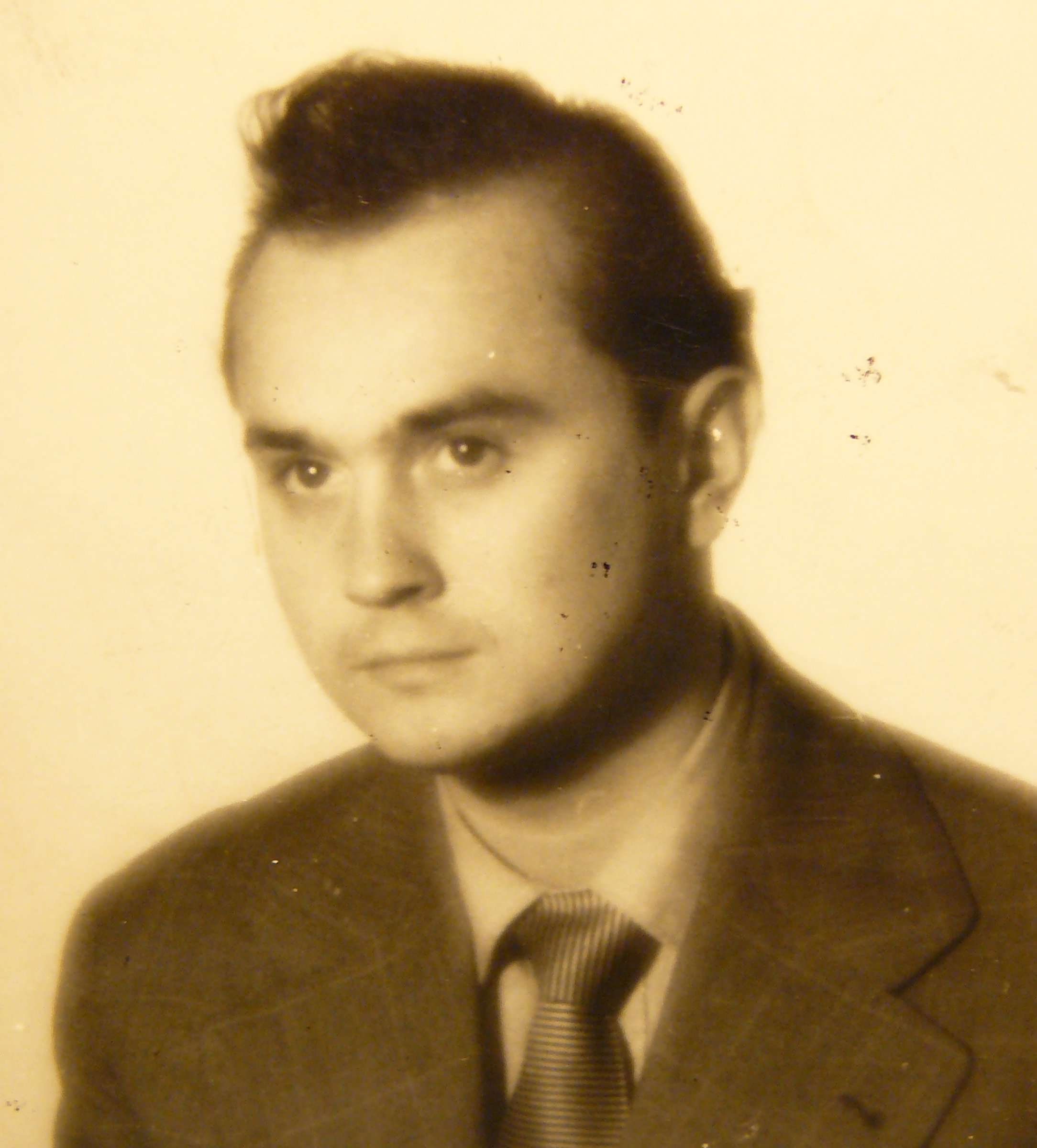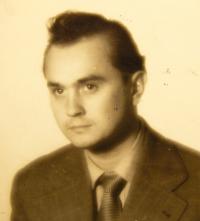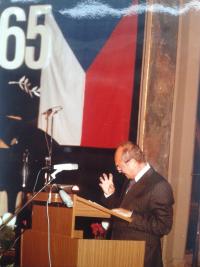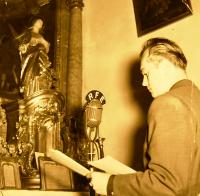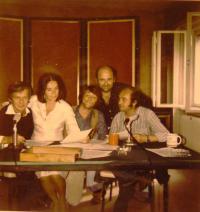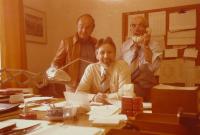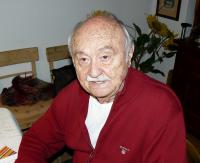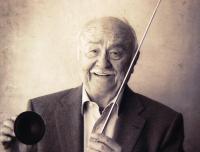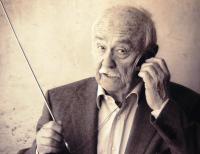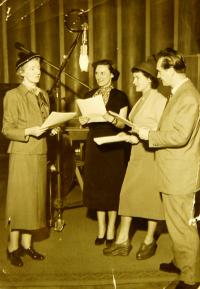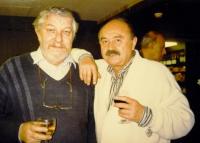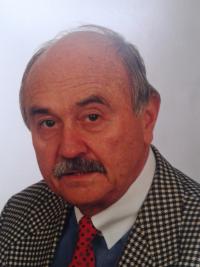“The crossing was very dramatic. I established a spy cell for the French intelligence service, whose chief was former major Matúš. He established contacts with the Slovak, Canadian immigrants, who came to Bratislava and persuaded me to work for them. I actually did it with pleasure. I wanted to have the cell really small, you know, it consisted of me and four other members who didn’t know each other. If they caught one of the members and accused him of something, he wasn’t able to reveal the others. One of the members was the most skilful and really ideal, at least I considered him to be such person. His name was Nemček and I made him my deputy, because I had to leave Slovakia very quickly as I was dismissed from the university and subsequently I could have been sent to the Auxiliary Technical Battalion. Therefore we decided to flee abroad. We had certain contacts with people in Záhorská Nová Ves, back then it was Uhorská Nová Ves, and it was the border village near Devín, where the Morava River discharged into the Danube, so it was quite shallow. At least we assumed so. We had such information. However, being in this area was forbidden, so we got false permits. I took my fiancée Anka Moleková, later Šašková, and three other men, so we were five altogether. She had one big advantage, née Kutnerová, that she spoke German, I would even say that a bit better than I. It also was the reason why we thought that crossing the border would be easy for us, moreover, we expected somebody to wait for us on the other side of the river as it had been agreed. Nobody was there. As I mentioned that the course of events was dramatic, I have to say that one got drowned there, another was shot and only three of us managed to reach the Austrian territory. We couldn’t have been pursued there, until we reached the nearest village. We had some winter coats and a small case, so that we had the basic necessary things with us. As it was January, there was a real cold and the river was much deeper than we had assumed. And there was snow and ice floes and the like. Then, I was forced to knock on the window of a house belonging to some peasant and I asked him to let us in. I was armed as it was a very dangerous situation, he could have betrayed us and led us to the Russian department, at that time, it was still the Russian zone and Russians would have sent us back immediately. In brief, I asked him to help us. We were really fortunate, because he was willing to do so as he had already helped several other people. Therefore I can say that a lot of Austrian people living in border areas sympathized with refugees. Of course, taxi drivers in Vienna were paid some money per head, so it was dangerous and I was really feared when we got to Vienna and I got in the cab and told to the driver, ‘I have a gun and you have to drive us to the American consulate. If you take me somewhere else, you will face the consequences.”
